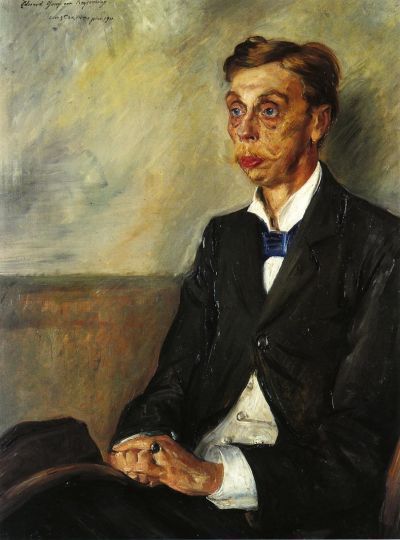
First published on the eve of the First World War, Keyserling's masterpiece offers a vivid portrait of a social world on the verge of dissolution. Gary Miller's new translation will find a new generation of readers for this neglected German classic. A collection of German aristocrats gathers at a seaside village on the Baltic Sea for a summer holiday in the early years of the twentieth century. The characters represent a sort of cross-section of the upper classes of imperial Germany: a philandering baron, his jealous wife, a gallant cavalry officer, the elderly widow of a general, a cynical government official, a lady’s companion. Their lives, even on holiday, are regulated by rigid protocol and archaic codes of honour. But their quiet, disciplined world is thrown into disarray by the unexpected presence of Doralice, a young countess who has rebelled against social constraints by escaping from an arranged marriage and running away with a bourgeois artist.
Author

Eduard Graf von Keyserling (May 15, 1855 – September 28, 1918) was a Baltic German fiction writer and dramatist and an exponent of literary Impressionism. Keyserling was born at Schloss Tels-Paddern, Courland Governorate, within the Russian Empire, now Kalvene parish, Liepaja District in Latvia. He belonged to an ancient family of Baltic German nobility and was a cousin of the philosopher Hermann Keyserling. He died in Munich, Bavaria. Keyserling's early novels Fräulein Rosas Herz. Eine Kleinstadtliebe (1887) and Die dritte Stiege (1892) were influenced by Naturalism. His essays on general and cultural questions, like his theater plays, are forgotten. His narrative, novellas and novels, after 1902, place Keyserling at the forefront of German literary Impressionism. A subtle and elegant stylist, Keyserling's narrative is unforgettable for its evocative ambience and "feel". His most emblematic work is perhaps Fürstinnen (Princesses), only superficially related to the typical German 19th century Schlossroman. Somehow midway between Ivan Turgenev and Franz Kafka, there is a certain pessimistic kinship between Keyserling and Anton Chekhov.